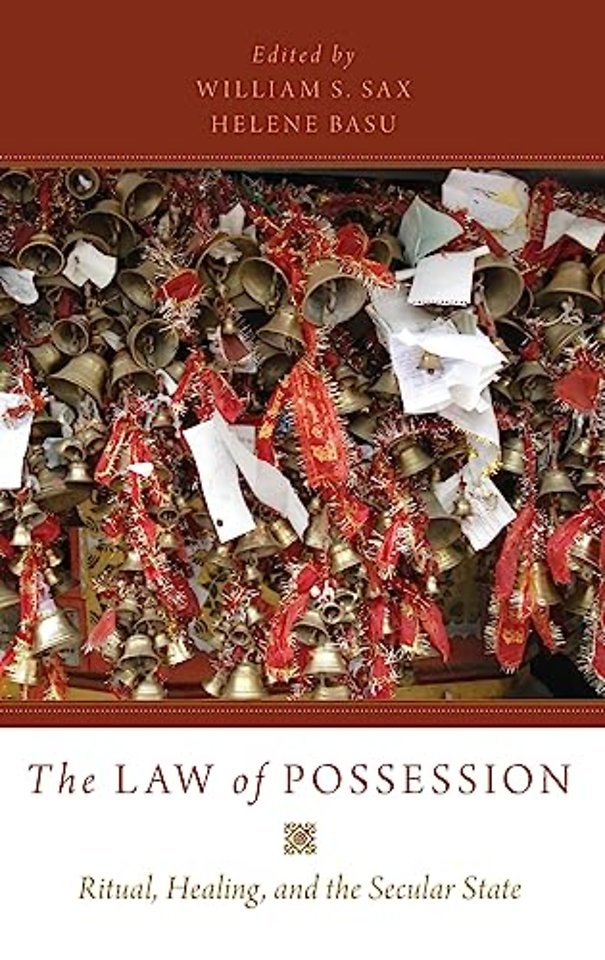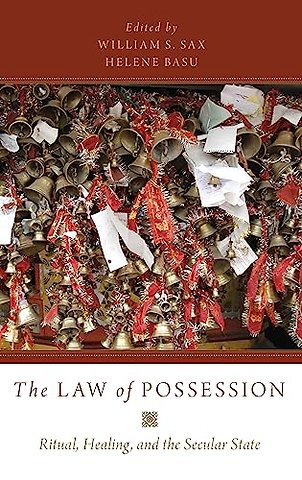The Law of Possession
Ritual, Healing, and the Secular State
Samenvatting
Rituals combining healing with spirit possession and court-like proceedings are found around the world and throughout history. A person suffers from an illness that cannot be cured, for example, and in order to be healed performs a ritual involving a prosecution and a defense, a judge and witnesses. Divine beings then speak through oracles, spirits possess the victim and are exorcized, and local gods intervene to provide healing and justice.
Such practices seem to be the very antithesis of modernity, and many modern, secular states have systematically attempted to eliminate them. What is the relationship between healing, spirit possession, and the law, and why are they so often combined? Why are such rituals largely absent from modern societies, and what happens to them when the state attempts to expunge them from their health and justice systems, or even to criminalize them? Despite the prevalence of rituals involving some or all of these elements, this volume represents the first attempt to compare and analyze them systematically.
The Law of Possession brings together historical and contemporary case studies from East Asia, South Asia, and Africa, and argues that despite consistent attempts by modern, secular states to discourage, eliminate, and criminalize them, these types of rituals persist and even thrive because they meet widespread human needs.
Specificaties
Net verschenen
Rubrieken
- aanbestedingsrecht
- aansprakelijkheids- en verzekeringsrecht
- accountancy
- algemeen juridisch
- arbeidsrecht
- bank- en effectenrecht
- bestuursrecht
- bouwrecht
- burgerlijk recht en procesrecht
- europees-internationaal recht
- fiscaal recht
- gezondheidsrecht
- insolventierecht
- intellectuele eigendom en ict-recht
- management
- mens en maatschappij
- milieu- en omgevingsrecht
- notarieel recht
- ondernemingsrecht
- pensioenrecht
- personen- en familierecht
- sociale zekerheidsrecht
- staatsrecht
- strafrecht en criminologie
- vastgoed- en huurrecht
- vreemdelingenrecht

